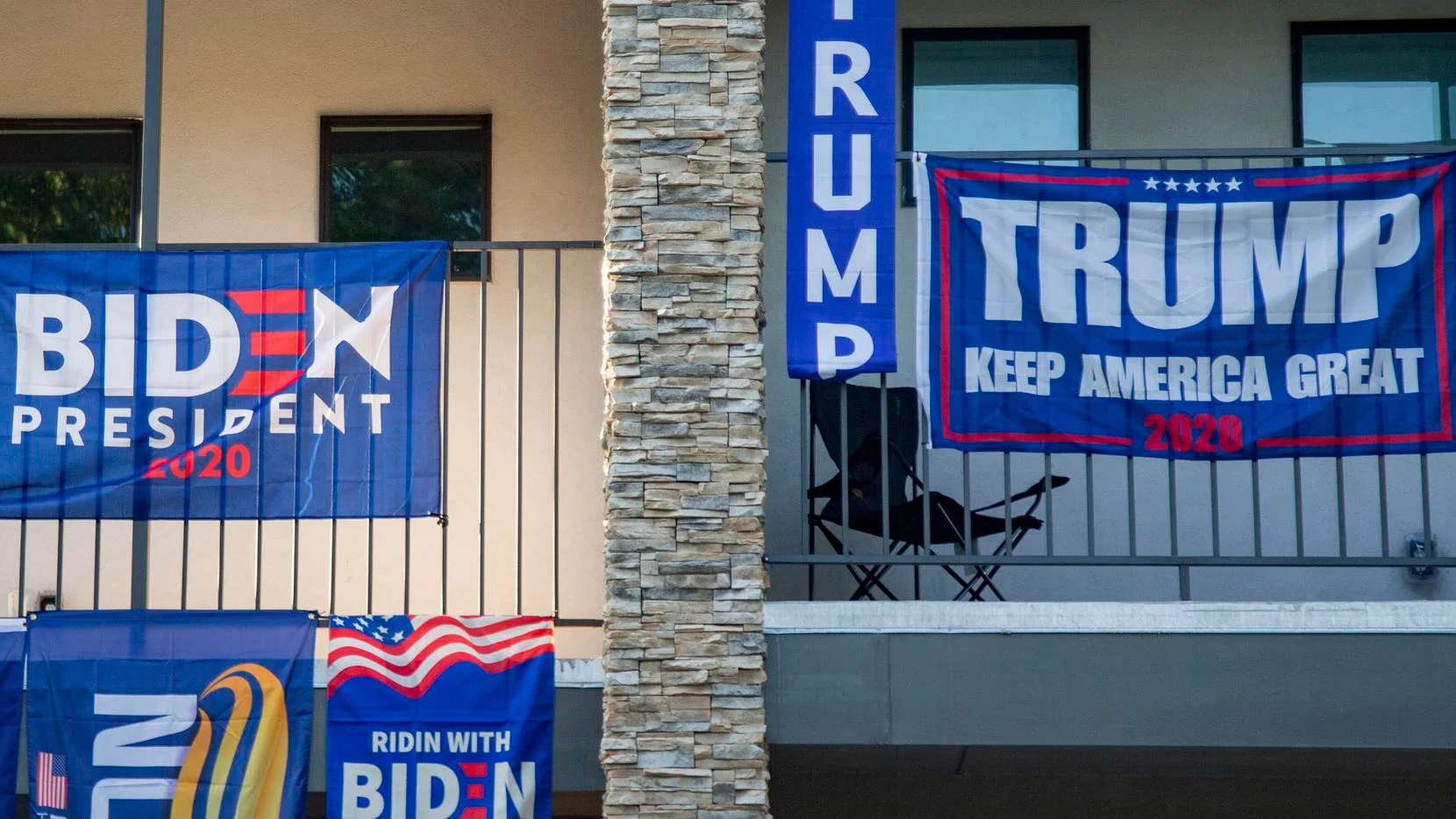Why Our Neighborhoods Are Becoming More Partisan
Birds of a feather flock together. That’s how I would summarize the latest report from John Burnett at NPR on the Big Sort happening among Americans along political lines. Like the saying, Americans are flocking to cities or states that align more with their politics than where they currently live. Conservatives from liberal places like California are moving to more conservative states like Texas, Tennessee, or Idaho. Meanwhile, liberals living in more conservative states are moving to more liberal cities like Austin, Texas.
If you don’t think about this phenomenon for too long, it makes sense and seems harmless. People like being around those who understand them. Rarely do we feel relaxed around people who see the world differently from us. Not to mention that it can be exhausting feeling as if you have to hide part of yourself from even strangers around you because you feel you may be perceived as something you aren’t, at best, or ostracized, at worse.
People, in general, tend to like to be around like-minded people. But is getting what we want always a good thing? Bill Bishop, author of The Big Sort: Why the Clustering of Like-Minded America is Tearing Us Apart, points out, “Groups of like-minded people tend to become more extreme over time in the way that they’re like-minded.”
A world designed only by men cannot take into account that not everyone can pee standing up. And this is where the problem lies. When we gather with people just like us, we stop seeing our blind spots. Indeed, it can get challenging to believe that we even have blind spots when everyone around us just affirms that we are right or that we see everything as straightforward as possible.
For a pluralistic society like America to work, we need different people with different views and ideas to help point out where we are blind. The problem with Americans choosing to self-sort into like-minded communities is that we will lose the ability to see our blind spots and eventually understand that we are blind.
For all our rosy revisionist histories, America has never been a one size fits all nation. We have always welcomed the poor, the hungry, the downtrodden, right alongside the rich, the fed, and the powerful. We have welcomed Europeans, Africans, Asians, and Latinos. What has made the American experiment work is the understanding that we cannot silo ourselves off, as much as we have tried, from one another and expect that everyone will be okay.
The Big Sort will only make it harder for us to listen to and truly understand one another. Which means it will be impossible for any meaningful change to happen. As iron sharpens iron, the mixing of those of different minds makes for a better society. When we all choose to silo with those who think, act and believe just like us, we take one step closer to being less than. But if we can realize that we need one another because of our differences, we can take one step closer to being a better America for everyone.
4 More Things:
Thanks to two different forensic linguistic analyses, the men behind Q are a bit clearer. The New York Times report on the analyses show that Paul Furber and Ron Watkins are most likely the men behind the missives from Q. Before we get too far down a rabbit hole, this is not likely to change much for the true believers of QAnon. Still, perhaps it can help put to bed this nonsense for those who have not gone all-in with Q just yet.
Speaking of QAnon, Chris Hayes had a segment on his show on MSNBC about a small town in Washington that fought off a Q invasion. The full video is worth watching, but the most interesting story is how the city fought back. A band of bipartisan citizens stood together and said, “Enough is enough.”
Writing in the Dallas Morning News, Ryan Sanders has a thought-provoking piece on a better path for Christian politics. The whole essay is worth reading as Sanders’ way forward makes a lot of sense. But in short, Christians need to start focusing less on making their lives better and instead focus on making everyone’s lives better. We have to make a more compelling case for why Christian morals are best, but first, we have to accept that we are no longer the majority. Only then can we chart a new path forward.
Axios released a story recently on how more of us, especially Democrats, are tuning out the news now that Biden is president. While it is true that “Partisans generally tend to tune in more to the national news when the opposing party is in office, according to Gallup.” And it is undoubtedly true that too many Americans became anxious from an overdose of news intake during Trump’s presidency; tuning out entirely is not the most thoughtful way forward. As we say in our Truth Advocates Handbook, we need to be better consumers of news without spending so much time it distracts from other priorities in our lives.

